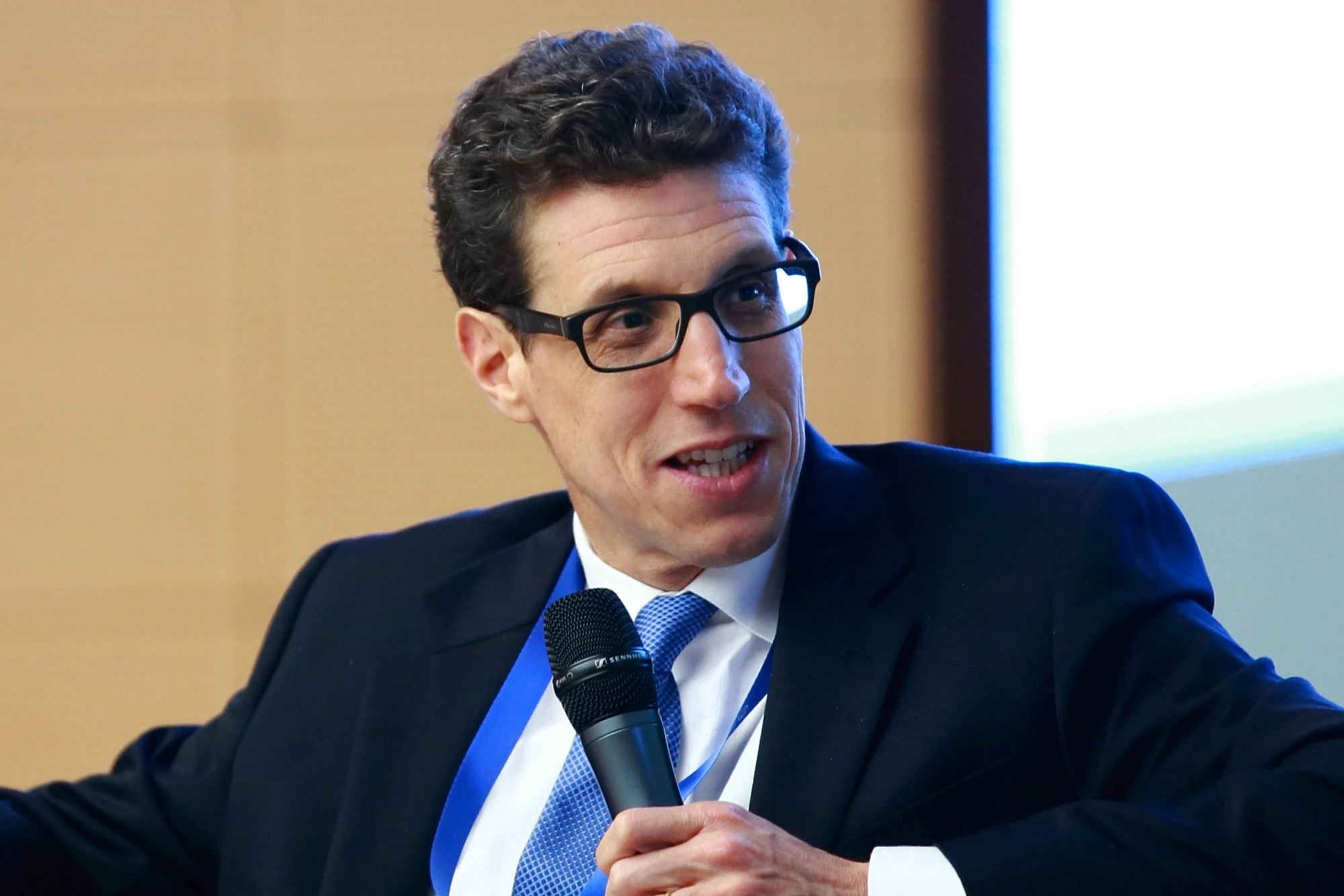For many years, financial globalization has been promoted as a vehicle to raise living standards throughout the world, particularly in developing countries. However, a mounting body of empirical literature shows that in practice the effects of financial globalization have been overall mixed; financial globalization has only brought limited positive effects while it has also increased risks.
In a new survey (Abraham and Schmukler, 2017), we show how different driving forces of financial globalization and growth are operating in a more limited way than anticipated. This could explain why financial globalization has failed to fulfill its initial expectations, and why some of the earlier proponents have later detracted.
First, financial globalization seems to be less about net financing from the “North” (developed countries) to the “South” (developing countries) than originally anticipated. This mechanism was expected to be one of the main channels through which financial globalization would promote growth because it would help poor countries build up their capital stock, temporarily boosting growth and permanently enhancing living conditions. In contrast, financial globalization seems to be more about risk diversification, in which countries simultaneously buy and sell foreign assets.
While some net financing has occurred and risk diversification has benefited countries, capital flows have not been exempt of risks. Capital flows are pro-cyclical and highly volatile and, as a result, they can trigger or intensify financial crises. Several studies have shown that financial liberalization can increase the probability of a country facing banking and currency crises.
Second, capital markets have integrated more slowly than anticipated. As time went by, capital markets were expected to harmonize their rules and eliminate barriers to entry. As a result, capital markets would become universal, allowing any worthwhile firm to access the whole range of investors and financial services at similar costs across countries, irrespective of their location. But, international markets still offer advantages over domestic markets in terms of cost and maturity of financing, number of investors, corporate governance, and informational environment. In addition, only a few firms have proven to access international markets. Typically, these are the larger and better performing firms within each country. Additionally, the internationalization of firms does not produce positive spillovers to firms remaining in the domestic market.
Third, the role of institutional investors in financial globalization is more limited than originally foreseen. Because they are deep pocket investors with a long-term horizon, they were expected to channel private and public savings, diversify risk internationally, and behave in a counter-cyclical and long-term way. However, their role is more limited than originally anticipated. Institutional investors are not diversifying risks as expected, holding a relatively limited number of stocks. These investors also tend to exhibit a pro-cyclical behavior, buying past winners and selling past losers. This pro-cyclical pattern is exacerbated by a tendency toward herding (they buy and sell assets at the same time). Moreover, institutional investors can also trigger contagion effects, spreading crises across countries.
These examples illustrate ways in which financial globalization has manifested differently from those anticipated by the academic and policy discussions. These deviations can explain why the benefits of financial globalization do not seem to be broadly shared across countries and firms, and why those exposed to globalization are subject to new adverse shocks.
Depending on the initial expectations and the weight assigned to the positive and negative effects, one can conclude that financial globalization is, so far, either a story of a glass half full or of a glass half empty



Join the Conversation